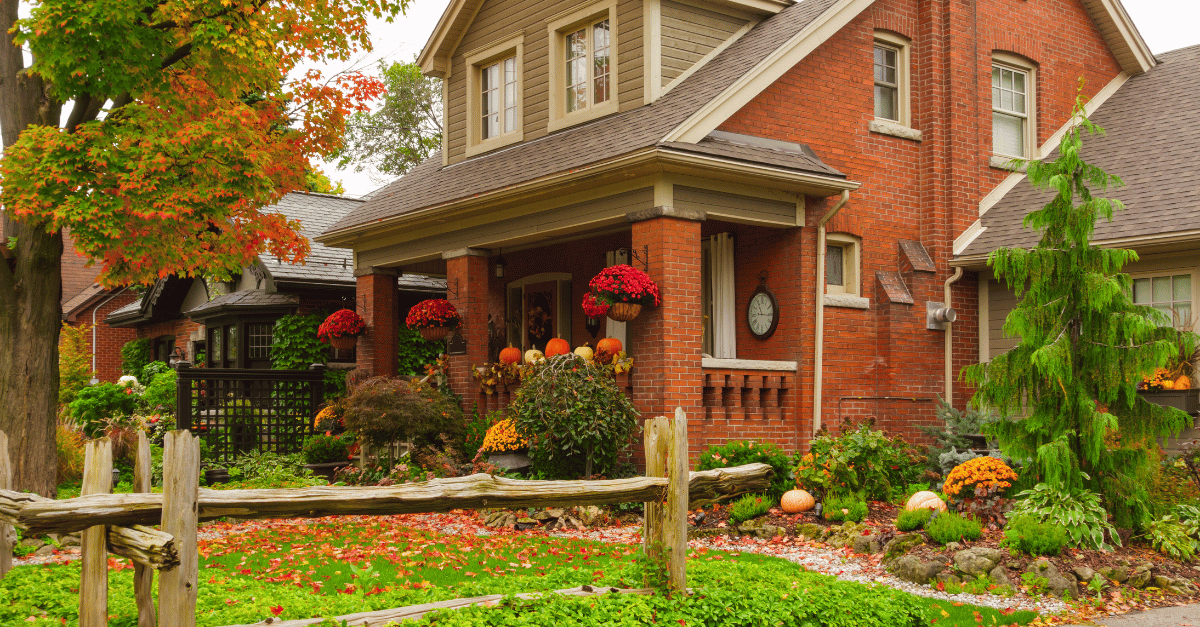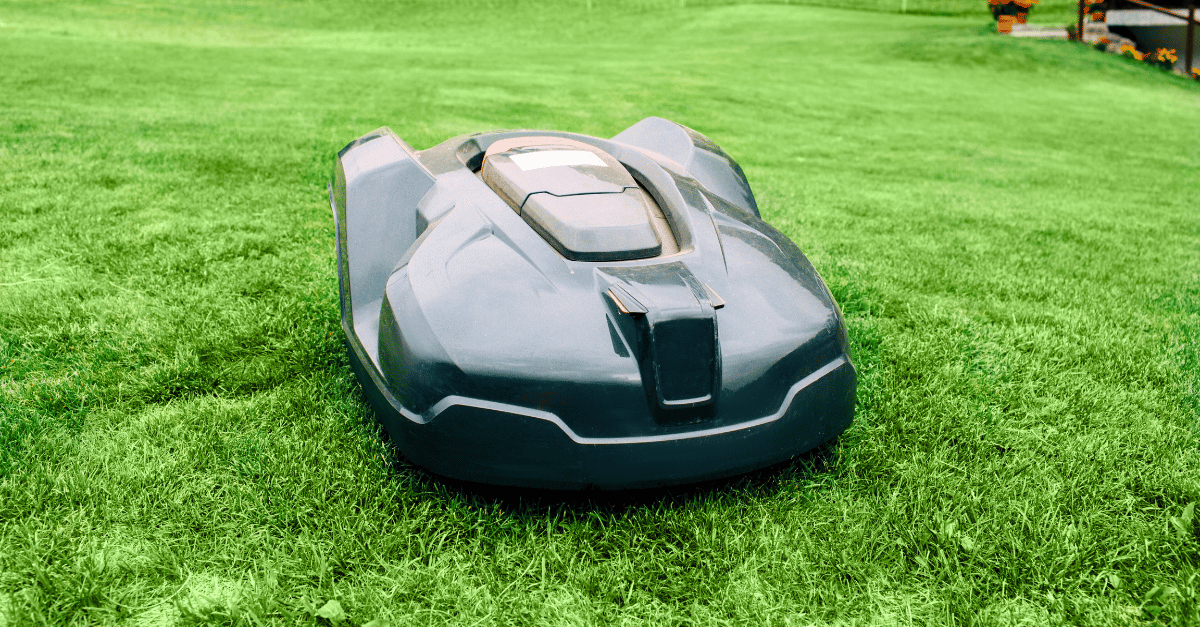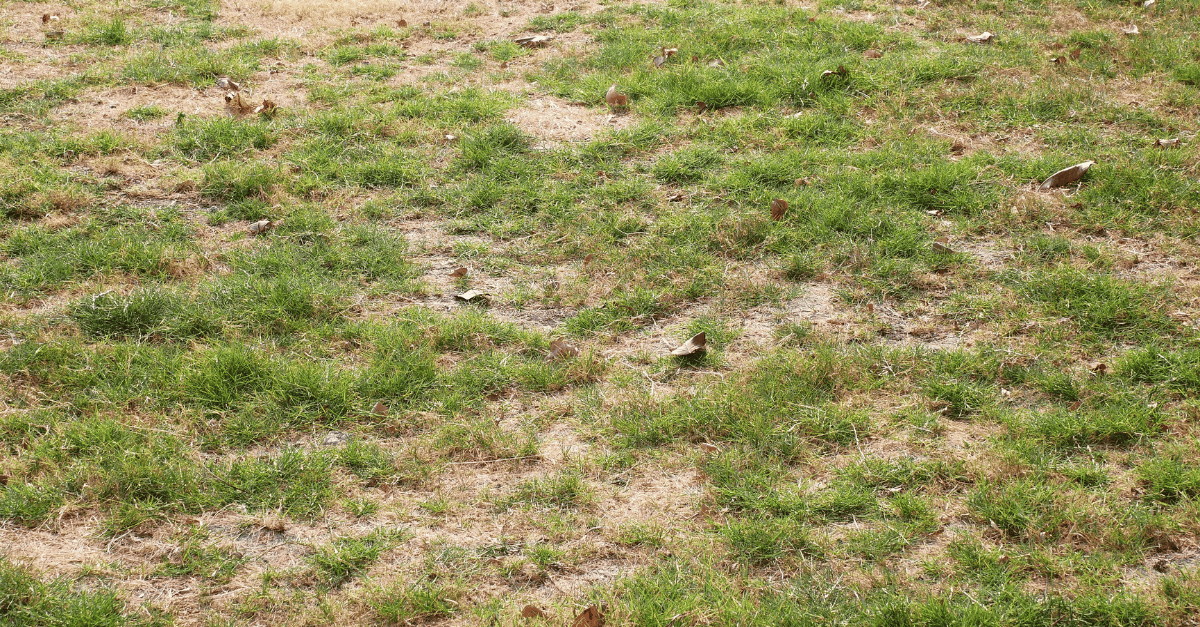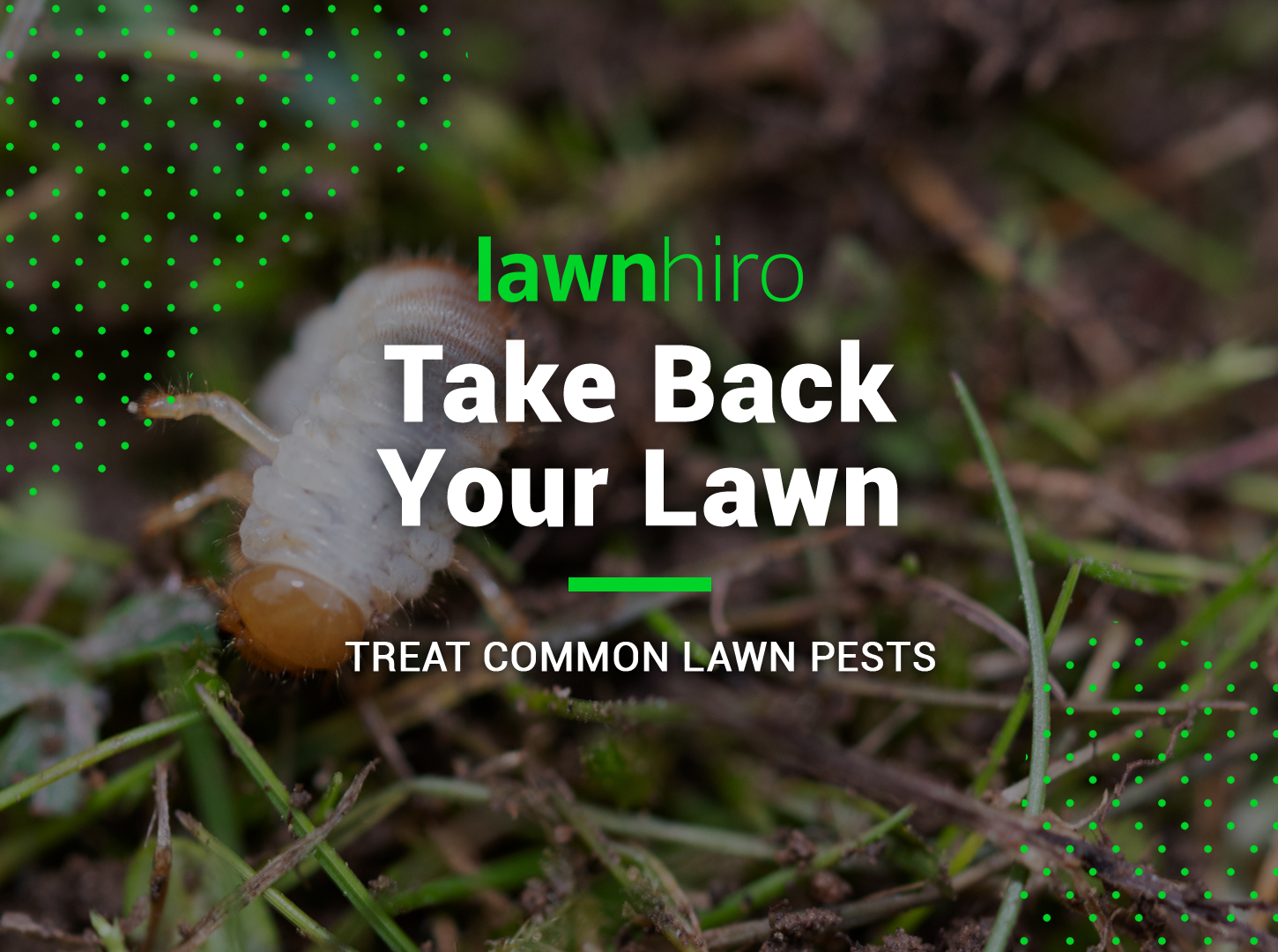
Effective Steps to Prevent and Treat Common Lawn Pests
Are you tired of battling relentless lawn pests that wreak havoc on your grass? Maintaining a stunning, meticulously cared-for lawn is no easy task, and the last thing you want is for those pesky pests to undo all your hard work. In this blog post, we have your back with practical steps to prevent and treat common lawn pests, empowering you to take control of your pest control endeavors. Whether you’re a seasoned DIY enthusiast or a greenhorn in the realm of lawn care, we’ve got the expert guidance you need to reclaim your lawn from those unwanted invaders.
How To Treat Common Lawn Pests
Identify the Culprits
The first step in pest control is identifying the pests causing trouble in your lawn. Some common lawn pests include grubs, chinch bugs, armyworms, and sod webworms. By recognizing the signs of infestation, such as brown patches, chewed grass blades, or increased insect activity, you can accurately pinpoint the pest problem and create a targeted action plan.
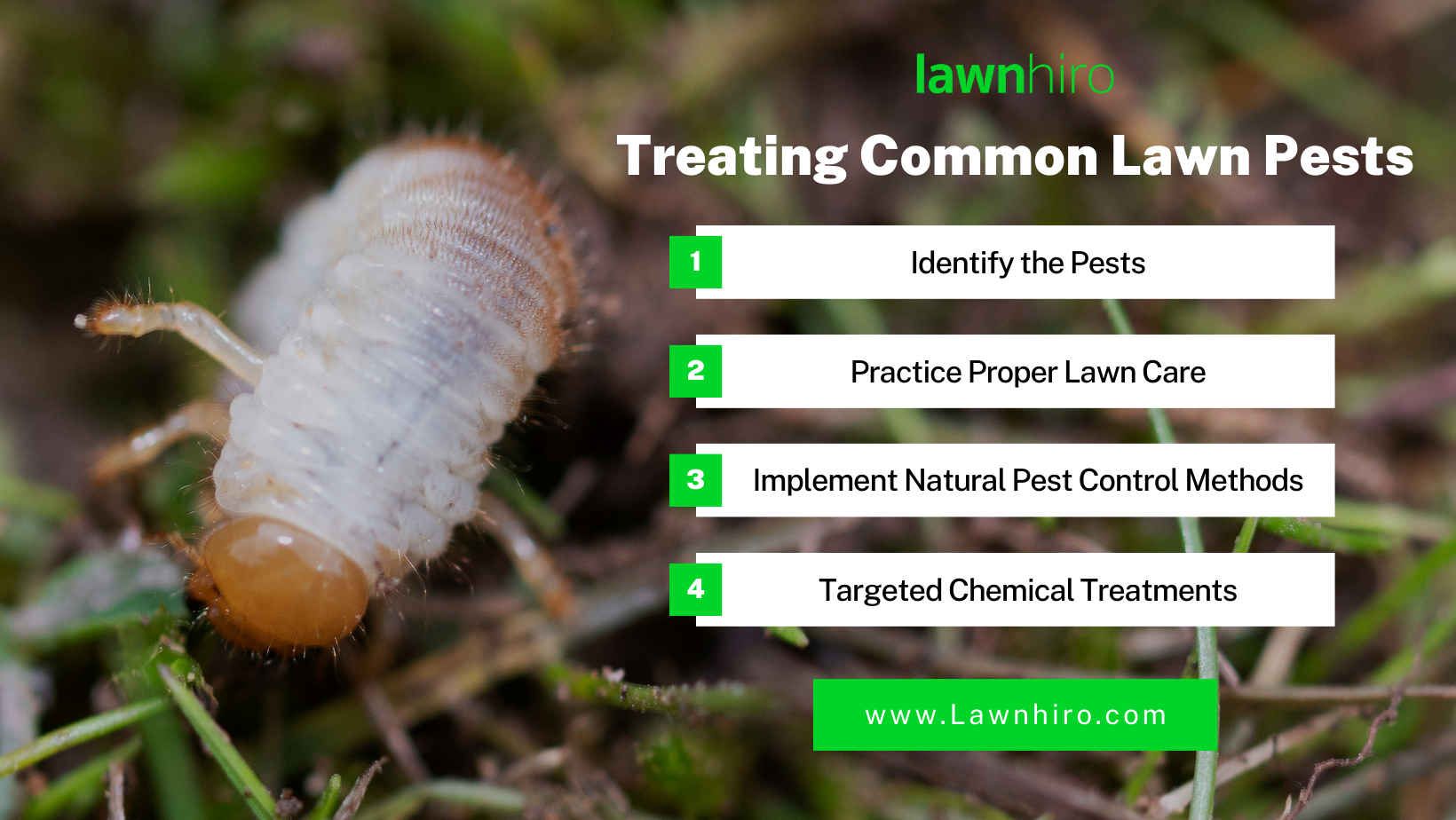
Practice Proper Lawn Care
Pest prevention begins with regular maintenance habits that discourage pests from making themselves at home in your lawn. Implement the following best practices:
- Proper Mowing: Set your mower blades to the recommended height for your grass type, as taller grass shades the soil and reduces weed growth, limiting pest opportunities.
- Water Wisely: Water deeply but infrequently to promote deep root growth and discourage shallow-rooted pests. Morning watering is ideal, as it allows the grass to dry throughout the day, preventing disease and pest attraction.
- Soil Aeration: Periodically aerate your lawn to enhance soil drainage and reduce compaction, making it less inviting for pests.
- Weed Control: Weeds act as hosts for various pests, so keeping them in check is essential. Regularly remove weeds and consider using herbicides when necessary.
Implement Natural Pest Control Methods
Nature offers several effective remedies to combat common lawn pests without resorting to harsh chemicals. Embrace these eco-friendly options:
- Beneficial Insects: Encourage beneficial insects like ladybugs, lacewings, and nematodes to make your lawn their home. These natural predators feed on pests and help maintain a healthy pest-to-predator balance.
- Companion Planting: Planting pest-repellent flowers and herbs such as marigolds, lavender, and mint around your lawn can deter unwanted critters.
- Homemade Remedies: Simple DIY solutions like soap-water sprays or garlic-pepper mixtures can repel pests. Apply these homemade remedies sparingly and directly on affected areas.
Targeted Chemical Treatments
When preventive measures fall short or an infestation becomes severe, it may be necessary to resort to chemical treatments. Select pesticides specifically formulated to combat the identified pests. Always follow the instructions meticulously, and avoid applying pesticides during windy conditions or when rain is imminent to prevent runoff and unintended harm to beneficial insects.
By following these steps, you can take charge of your lawn’s pest control and maintain a lush, pest-free paradise right in your own backyard. Remember, prevention is key, and a healthy lawn serves as a formidable defense against common lawn pests. And if you ever need a helping hand, Lawnhiro is always available to provide assistance with lawn care. Use our free price calculator to see how much servicing your yard costs!



